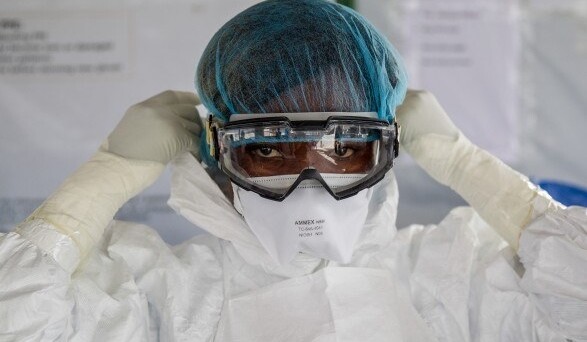We very much appreciate the fact that Neta Crawford, Janina Dill, and David Whetham have taken our proposal for a Drone Accountability Regime (DAR) seriously and have offered various critiques and suggestions in their responses to it. In the lead article to this symposium we took pains to emphasize that the details of our proposal are clearly contestable; that there is no guarantee of political feasibility; and, indeed, that it would be desirable to establish what we called an “experimentalist regime” to take into account the need to adapt to circumstances that are not now foreseeable. We are therefore pleased to see that our article initiated a lively discussion of the characteristics of a Drone Accountability Regime, and of the international political and legal context within which its provisions should be framed.
To read or purchase the full article, click here.
More in this issue

Spring 2015 (29.1) • Essay
Ebola, Liberia, and the "Cult of Bankable Projects"
SHEFA SIEGEL Instead of addressing core issues of state failure, development aid continues pushing narrowly focused agendas that have little meaning in places where institutions ...
Spring 2015 (29.1) • Review
Accountability for Killing: Moral Responsibility for Collateral Damage in America’s Post-9/11 Wars by Neta C. Crawford
For Crawford, we ought not to regard instances in which civilians are mistakenly targeted or instances in which more civilians are killed collaterally than had ...
Spring 2015 (29.1) • Essay
Targeted Killing: Accountability and Oversight via a Drone Accountability Regime
Using a drone as a component of a military operation does not automatically make that action a “targeted killing.” Much of the public concern about ...
